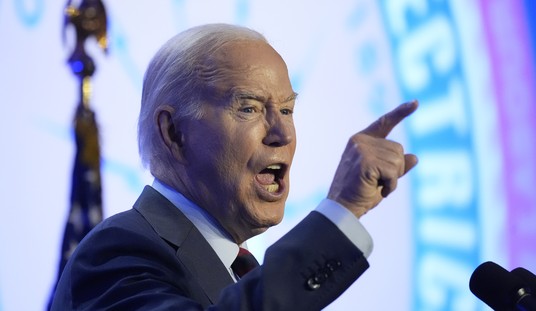![]() Michigan became the second workplace freedom state neighboring Ohio on December 11, less than a year after Indiana implemented right to work. The abrupt, lame-duck passage of “freedom to work” legislation by Michigan’s Republican-controlled state legislature and Governor Rick Snyder prompted renewed speculation that Ohio needs to follow suit to stay competitive.
Michigan became the second workplace freedom state neighboring Ohio on December 11, less than a year after Indiana implemented right to work. The abrupt, lame-duck passage of “freedom to work” legislation by Michigan’s Republican-controlled state legislature and Governor Rick Snyder prompted renewed speculation that Ohio needs to follow suit to stay competitive.
Already union front We Are Ohio and other labor groups have worked to tie workplace freedom to Senate Bill 5 (SB 5), the complex collection of public employee union reforms overturned by Ohio voters in 2011 following a $40 million union smear campaign. We Are Ohio has also trumpeted AFL-CIO talking points from 2002 which portray workplace freedom as “right to work for less,” claiming that protecting the right of workers to choose whether to pay a union results in lower pay, reduced safety, and higher poverty rates.
Columbus CBS affiliate 10TV aired an interview with 1851 Center for Constitutional Law executive director Maurice Thompson as part of a December 11 segment about workplace freedom in Michigan. Thompson, who wrote the Ohio Health Care Freedom Amendment, also authored the amendment to the Ohio Constitution proposed by Ohioans for Workplace Freedom.
“Memories of the year-long battle over Senate Bill 5 are still very fresh for Governor John Kasich and the Republican legislative leadership, but that is not slowing down conservatives and libertarians who are pushing ahead, inspired by what’s happening in the state of Michigan,” 10TV’s Jim Heath said.
“Ohioans for Workplace Freedom will need roughly 385,000 valid signatures by early July to qualify for the ballot,” Heath reported.
“We just want the Republicans to be neutral, and to allow our fundraising to continue, and allow this effort to take shape,” Thompson told 10TV. Thompson noted that if Ohioans for Workplace Freedom is unable to collect enough signatures for a November 2013 ballot measure, the campaign expects to be on the ballot in November 2014 – when Kasich faces reelection – instead.
Contacted for further comment by Media Trackers, Thompson recommended a 2000 study by economist Thomas Holmes, who compared manufacturing growth in the border counties of workplace freedom and forced-unionism states. Although Holmes clearly specified that right to work was one of many policies affecting job creation, Thompson suggested the study showed the impact of reforms in neighboring states.
“Between 1947 and 1992, the number of jobs grew by 88.5 percent in first-tier counties on the pro-business side, 26 percentage points more than the 62.6 percent increase for first-tier counties on the anti-business side,” Holmes wrote in the Spring 2000 issue of the Cato Institute journal Regulation.
“The border counties on the pro-business side are likewise similar in geographic (i.e., nonpolicy) characteristics to the border counties on the anti-business side,” Holmes explained. “But despite similarities on nonpolicy dimensions, the share of manufacturing employment changes greatly at the border.”
Also on December 11, The Toledo Blade quoted Ohioans for Workplace Freedom spokesman Chris Littleton, who said, “People are ready to double-down… Michigan has revitalized a lot of our effort.”
Predictably, the Blade article included the opinions of twice as many workplace freedom opponents. “They would take away the rights of the same folks as in Senate Bill 5 and also steelworkers, autoworkers, pipe fitters, electricians, and everybody in the private sector,” Ohio AFL-CIO boss Tim Burga lied.
The amendment proposed by Ohioans for Workplace Freedom would in no way reduce the collective bargaining privileges of any Ohioan.
“The right-to-work folks want folks to have all the benefits of collective bargaining – higher wages, benefits, and job security – without incurring any of the costs associated with delivering those benefits. That’s simply not fair,” said Democrat State Representative Matt Szollosi.
The amendment proposed by Ohioans for Workplace Freedom would allow employees in unionized workplaces to choose whether to pay union dues. Despite claims otherwise from union bosses and their political allies, nothing in state or federal law requires unions to bargain on behalf of non-members.
Cross-posted from Media Trackers Ohio.












Join the conversation as a VIP Member